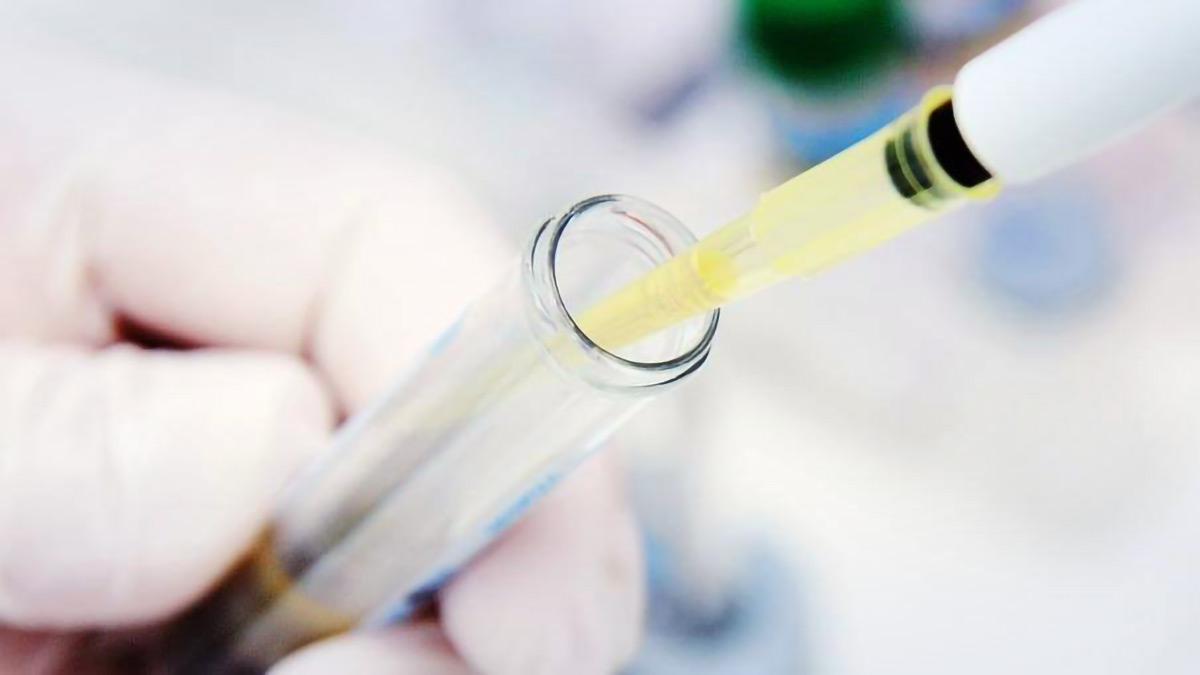General Science Associate in Science Degree

General Science
Associate in Science Degree
- RIT /
- Rochester Institute of Technology /
- Academics /
- General Science AS
Explore the wonders of science with an AS program in General Science. Uncover the mysteries of the natural world.
Overview for General Science AS
The associate in science (AS) degree in general science is designed to prepare deaf and hard-of-hearing students who are close to, but not fully ready for, direct entry into a bachelor’s-level program in the sciences. The degree is a pathway for completing the course work taken during the first two years of a BS degree program in RIT's College of Science or RIT's College of Health Sciences and Technology. This program is available for qualified deaf and hard of hearing students.
This AS degree, offered by RIT's National Technical Institute for the Deaf, serves as a bridge program for qualified students based on academic transcripts, admission test scores, and other evidence that support a reasonable expectation of success in the baccalaureate program. By combining preparatory studies in math and English with bachelor’s-level science, math, and liberal arts courses, students can qualify to transfer as juniors into a BS program depending on the course work taken for the AS degree. Students acquire the foundational skills necessary for success in the scientific field of their choice as they also develop skills and knowledge in communication, critical thinking, problem-solving, and mathematics.
You’ll start with an AS in general science, which provides you with the courses and credits you need to enroll in and successfully complete a bachelor's degree program. Qualified students who complete the AS in general science degree will be admitted to a bachelor’s degree as juniors.
Upon successful completion of your AS program in general science, you will have several options from which to choose. You can enroll in RIT’s College of Science, where you can pursue a bachelor’s degree in biochemistry, biology, biotechnology and molecular bioscience, chemistry, or environmental science. Or you can enroll in RIT’s College of Health Sciences and Technology, where you can work towards a bachelor’s degree in biomedical sciences, exercise science, global public health, or nutritional sciences.
Learn more about the benefits of pursuing an Associate+Bachelor’s Degree Program.
Qualified students also may go on to enroll in graduate or professional school upon completion of the bachelor’s degree.
-
Join us for Fall 2026
There's still time to apply. For some programs, applications will be reviewed on a rolling, space-available basis.
Curriculum for 2025-2026 for General Science AS
Current Students: See Curriculum Requirements
Admissions and Financial Aid
For the AS Degree Leading to Bachelor’s Degree (Associate+Bachelor’s Program)
- 2 years of math required; students interested in engineering, math and science transfer programs should have three or more years of math.
- 1 year of science required; students interested in engineering, math and science transfer programs should have two or more years of science.
- Physics is recommended for students interested in engineering.
- English language skills as evidenced by application materials determine associate degree options.
Specific English, Mathematics and Science Requirements and other Recommendations
The proposed admission requirements are the same as those already established for admitting students into the NTID science pre-baccalaureate program.
- English: Placement into Critical Reading and Writing (UWRT-100) or a First Year Writing course, such as FYW: Writing Seminar (UWRT-150);
- Mathematics: NTID Math Placement score greater than or equal to 40, which equates to placement into Advanced Mathematics (NMTH-275). Students will enroll in the mathematics courses required by the intended bachelor’s program. Typically, students entering this program will have completed at least three years of high school mathematics. Once in the program, students will take math courses that are appropriate for their intended focus area.
- Science: Students will enroll in science courses that lead to their intended bachelor’s program. Typically, students entering this program will have completed at least three years of high school science.
- ACT (optional): The ACT middle 50% composite score is 18-21 with no sub-scores less than 19.
Financial Aid and Scholarships
100% of all incoming first-year and transfer students receive aid.
RIT’s personalized and comprehensive financial aid program includes scholarships, grants, loans, and campus employment programs. When all these are put to work, your actual cost may be much lower than the published estimated cost of attendance.
Learn more about financial aid and scholarships
Accreditation
Contact
- Austin Gehret
- Department Chair
- National Technical Institute for the Deaf
- 585‑475‑3971
- augnts@rit.edu
Department of Science and Mathematics














